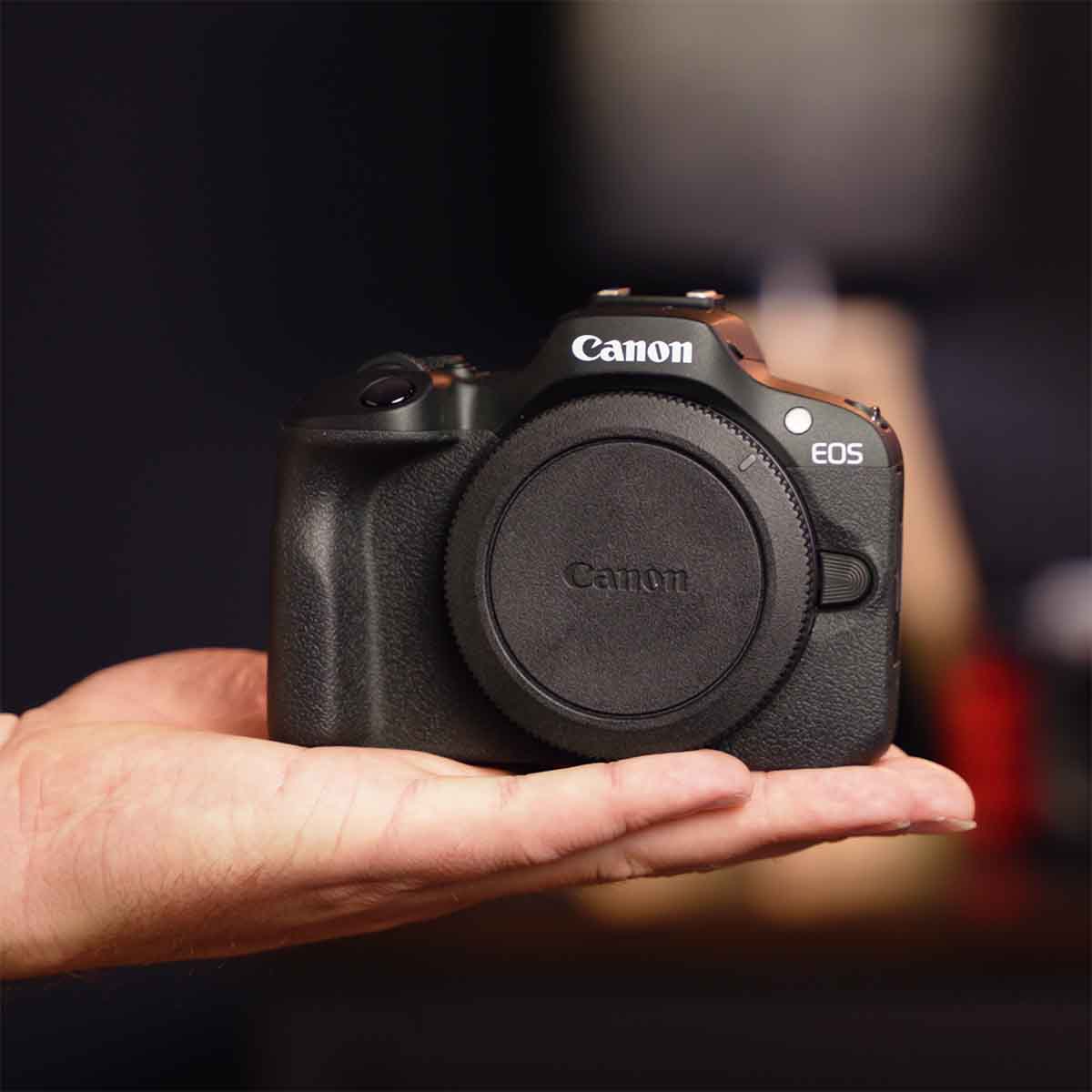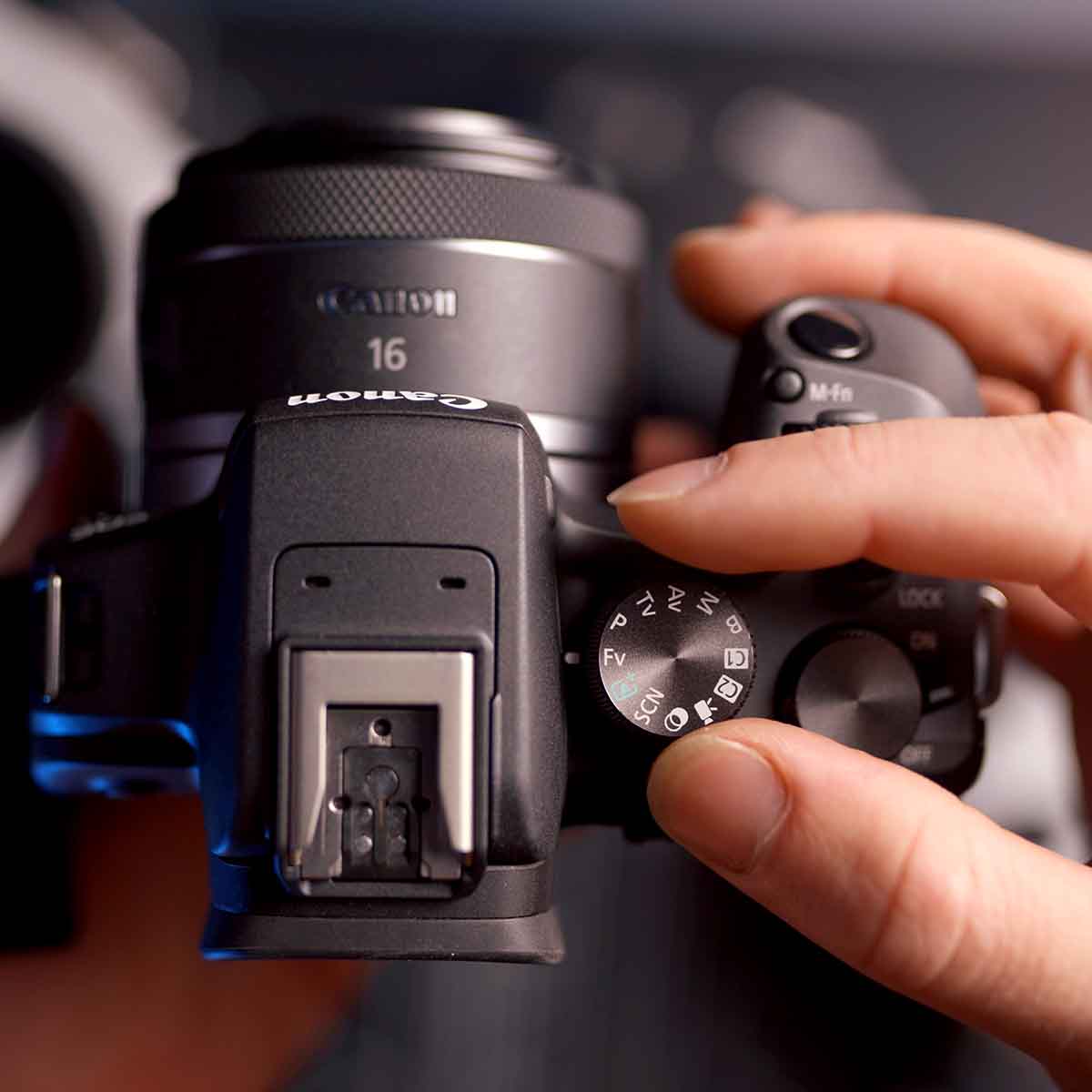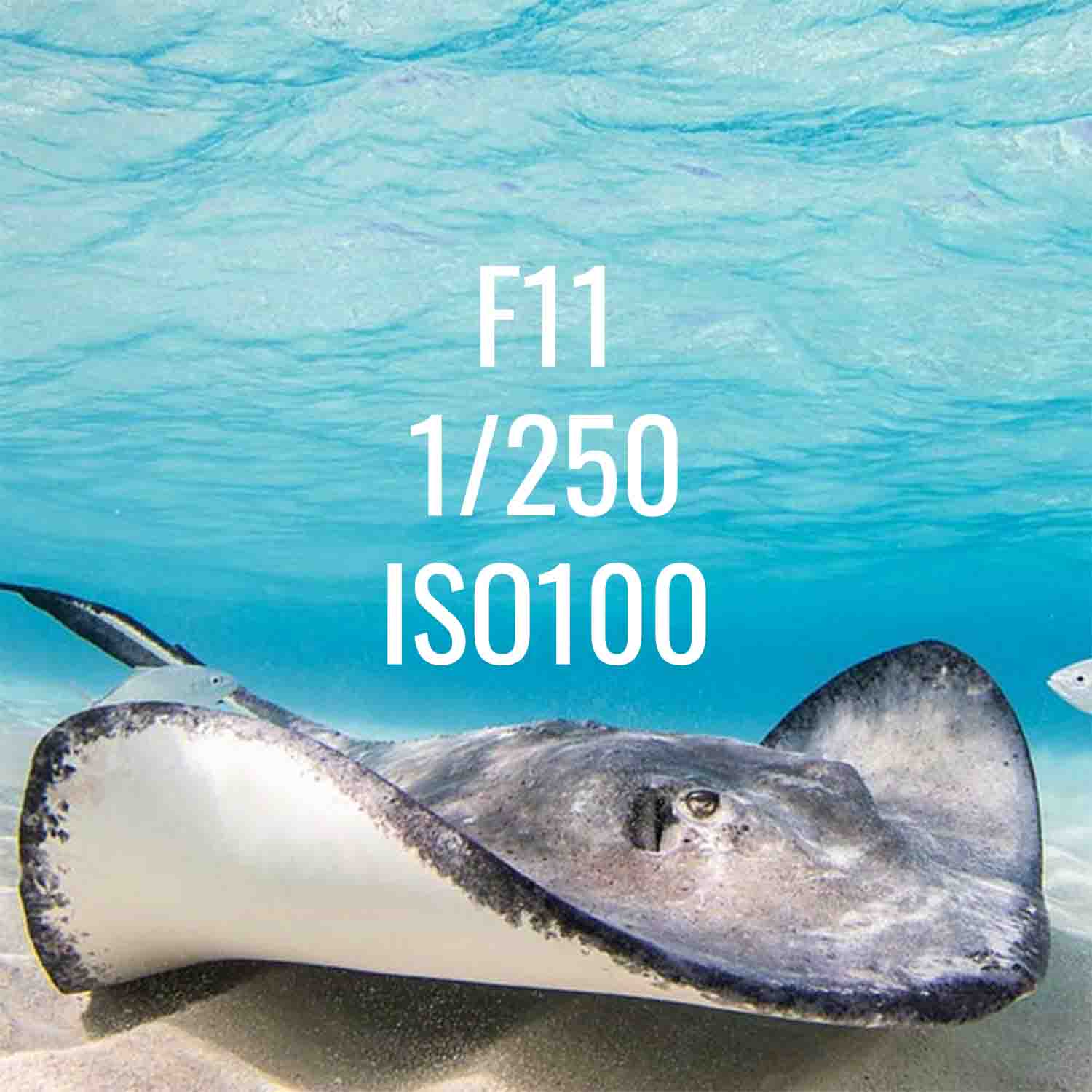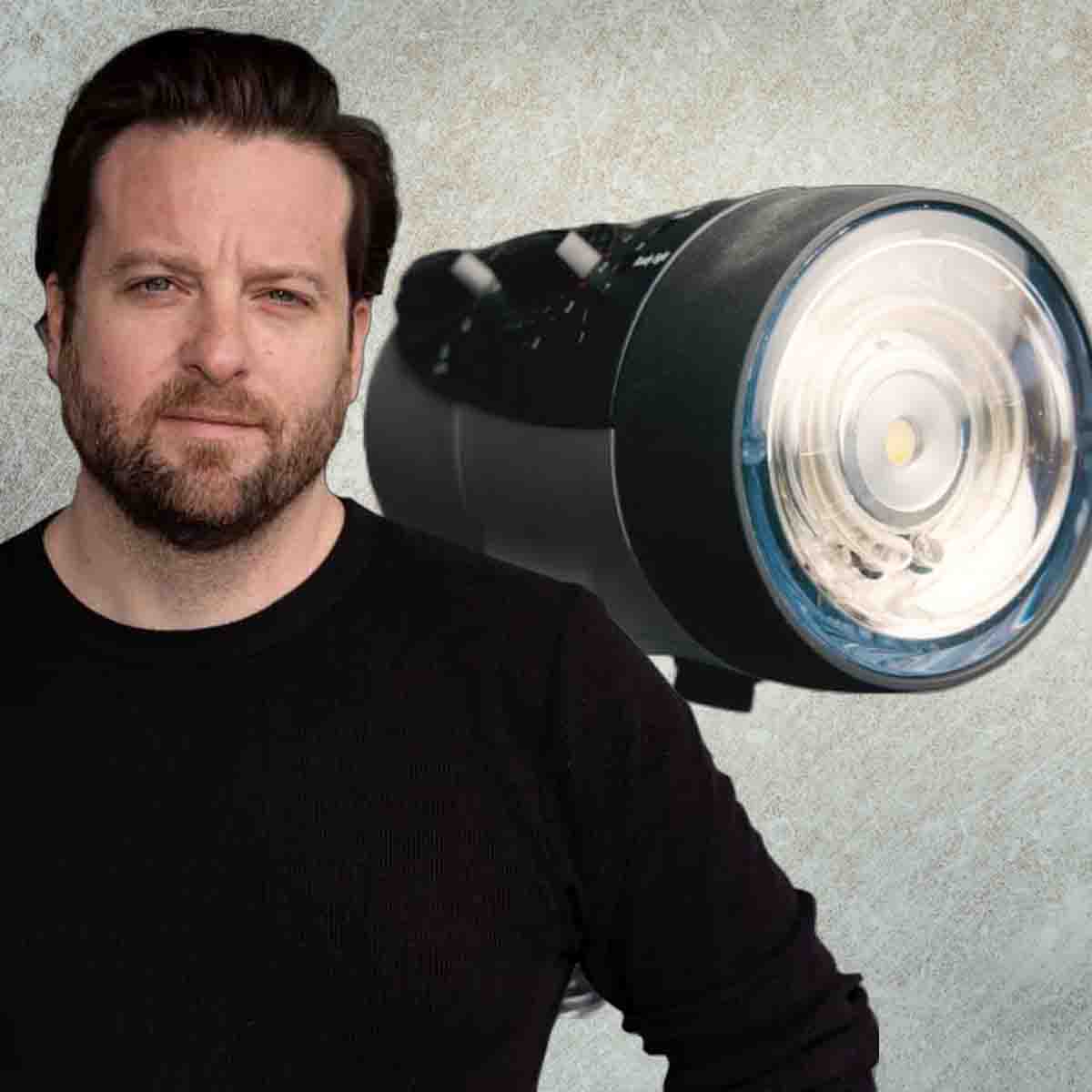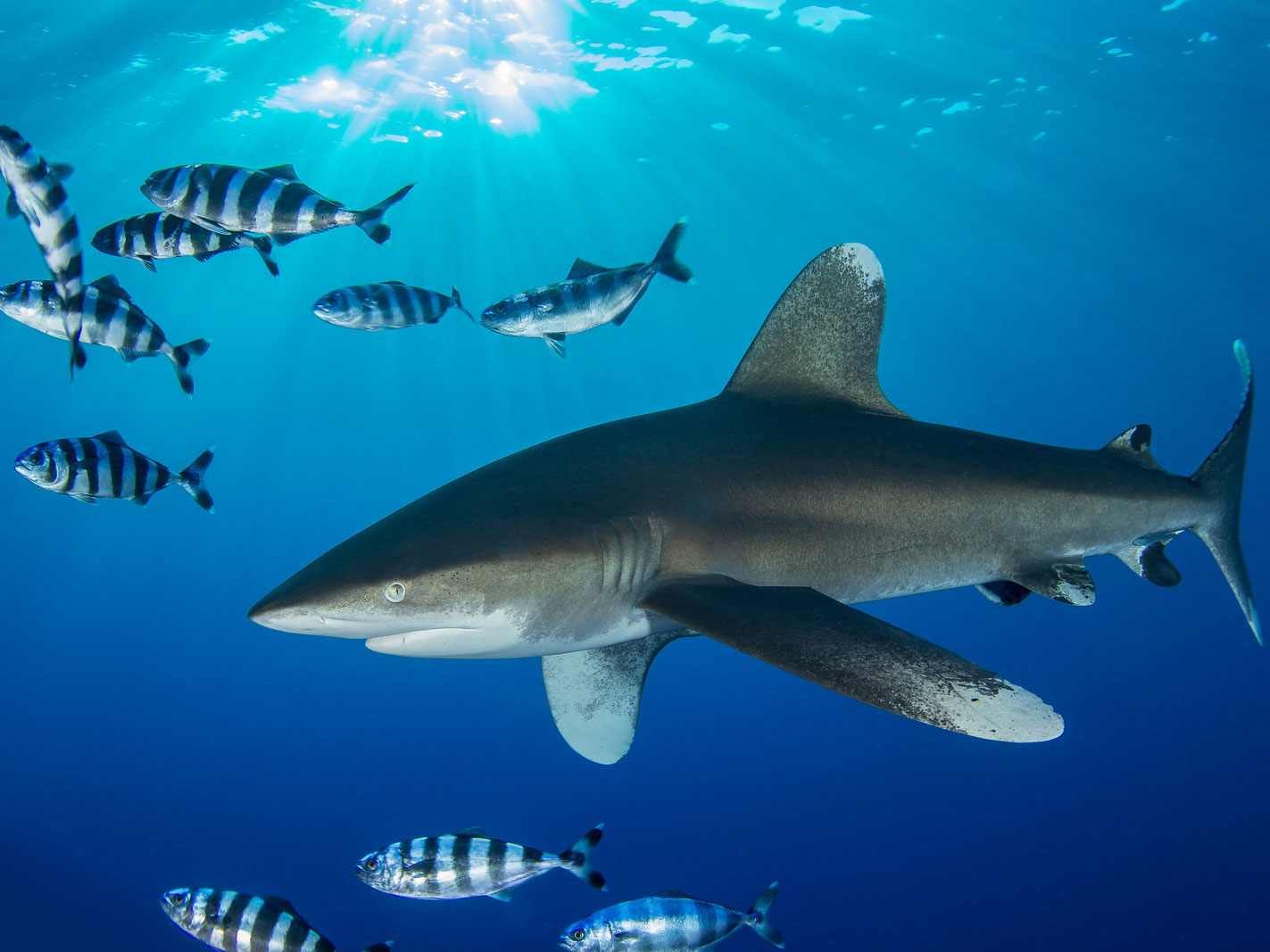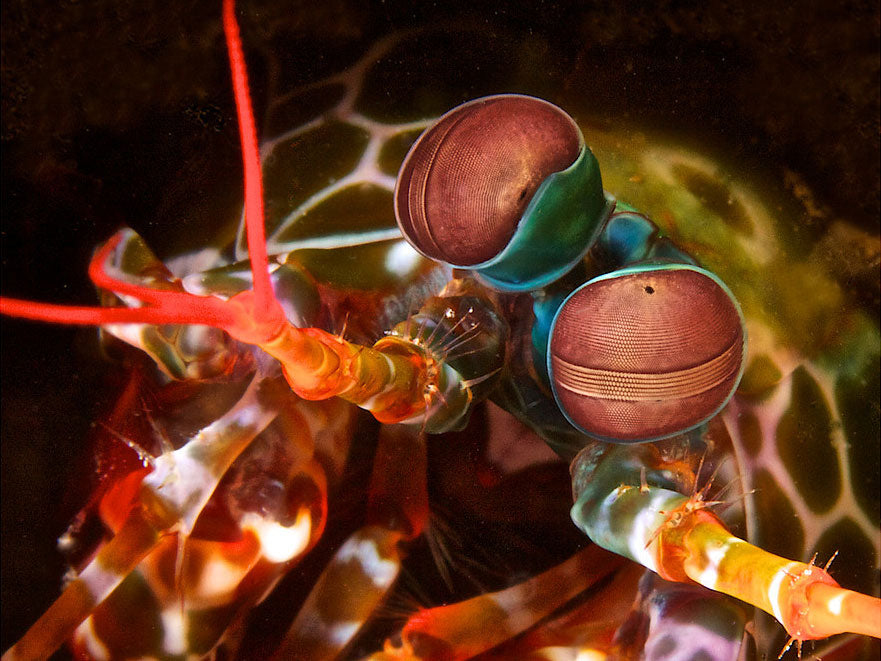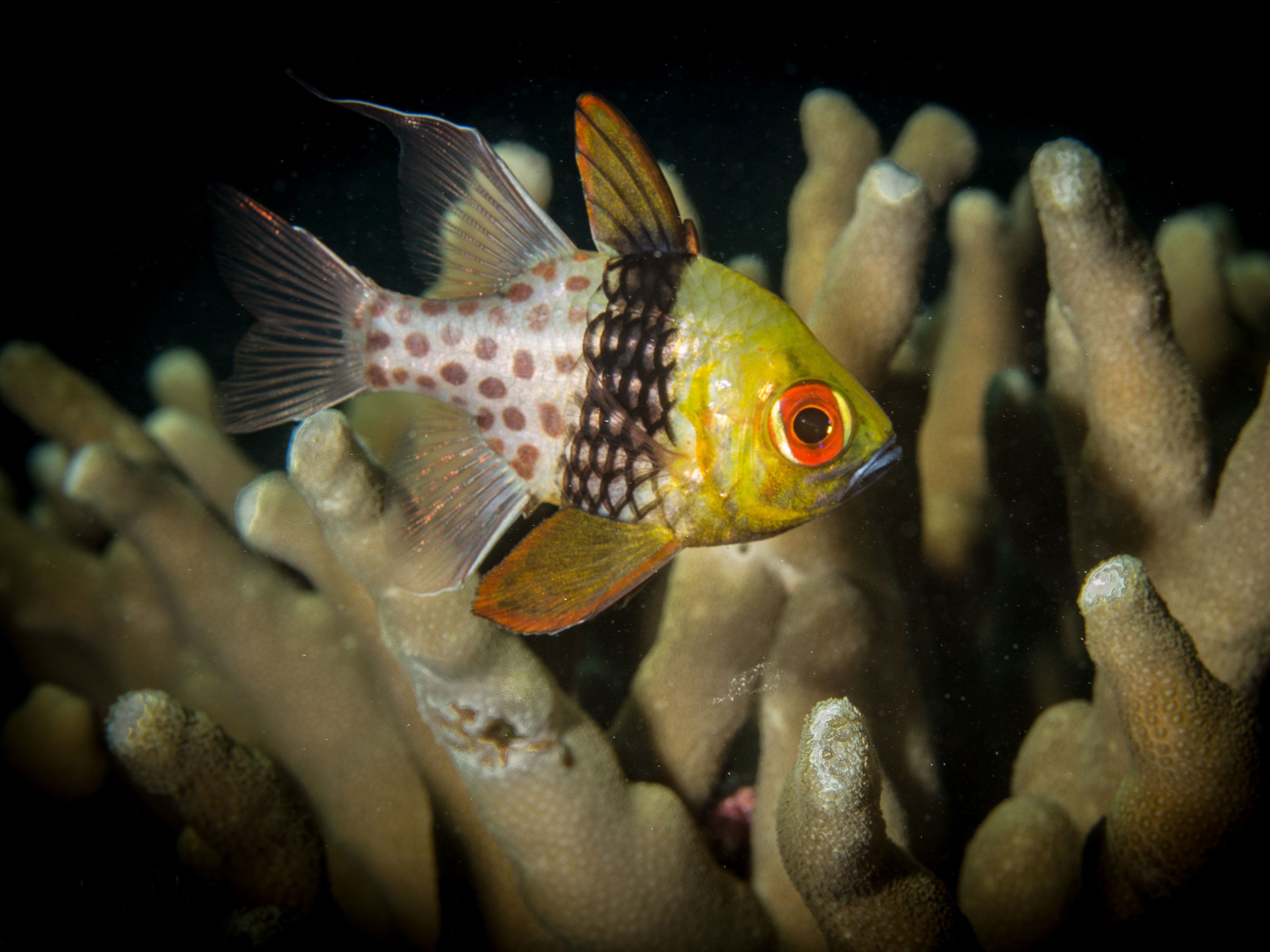Perhaps the most famous of all sea creatures, some people may be afraid but most underwater photographers are going out looking for them. Sharks are majestic creatures whose movements are so quick, fluid, and precise they are a pleasure to watch.
Here are some tips on what camera settings to use to capture the beauty of the shark.
Where
All oceans, baited or natural encounters.
DSLR + Mirrorless
ISO: 200-400Mode: M Manual
Aperture: Variable through whole range
Shutter Speed: 1/125-1/160
Lens: 8mm to 50mm
Point + Shoot
ISO: 100 to 200
Mode: M Manual or Av Aperture Priority
Aperture: Full range depending on sun in your frame
Shutter Speed: 1/125 to 1/200
Lens: Full wide angle with or without a wide angle wet lens
Technique
Get close and shoot up. Wait for close passes and shoot while the shark is approaching. Sharks are generally gray on top and light colored on the bottom. Shooting up towards the shark will help you capture that white highlight that helps to set it apart from the water column. Looking down on a shark can make it almost invisible depending on the depth of the water.
Don't forget to try switching to video mode to capture the shark's movements. If you're shooting a lot of video and have enough available light we recommend trying to manually set your white balance for good color representation.
Strobes
Position your strobe(s) far away from the lens, just behind the focal plane and angled forward to reduce backscatter.
Additional Reading
Techniques for Photographing Sharks
Whale Shark Photography Underwater Camera Settings
Tonga Underwater with Humpback Whales and Grant Thomas
6 Ways You and Your Kids Can Help Save the Sharks
Shooting Florida Gators with Shawn Jackson
Crocodiles, Cenotes, and Chinchurro with Ken and Kimber Kiefer



